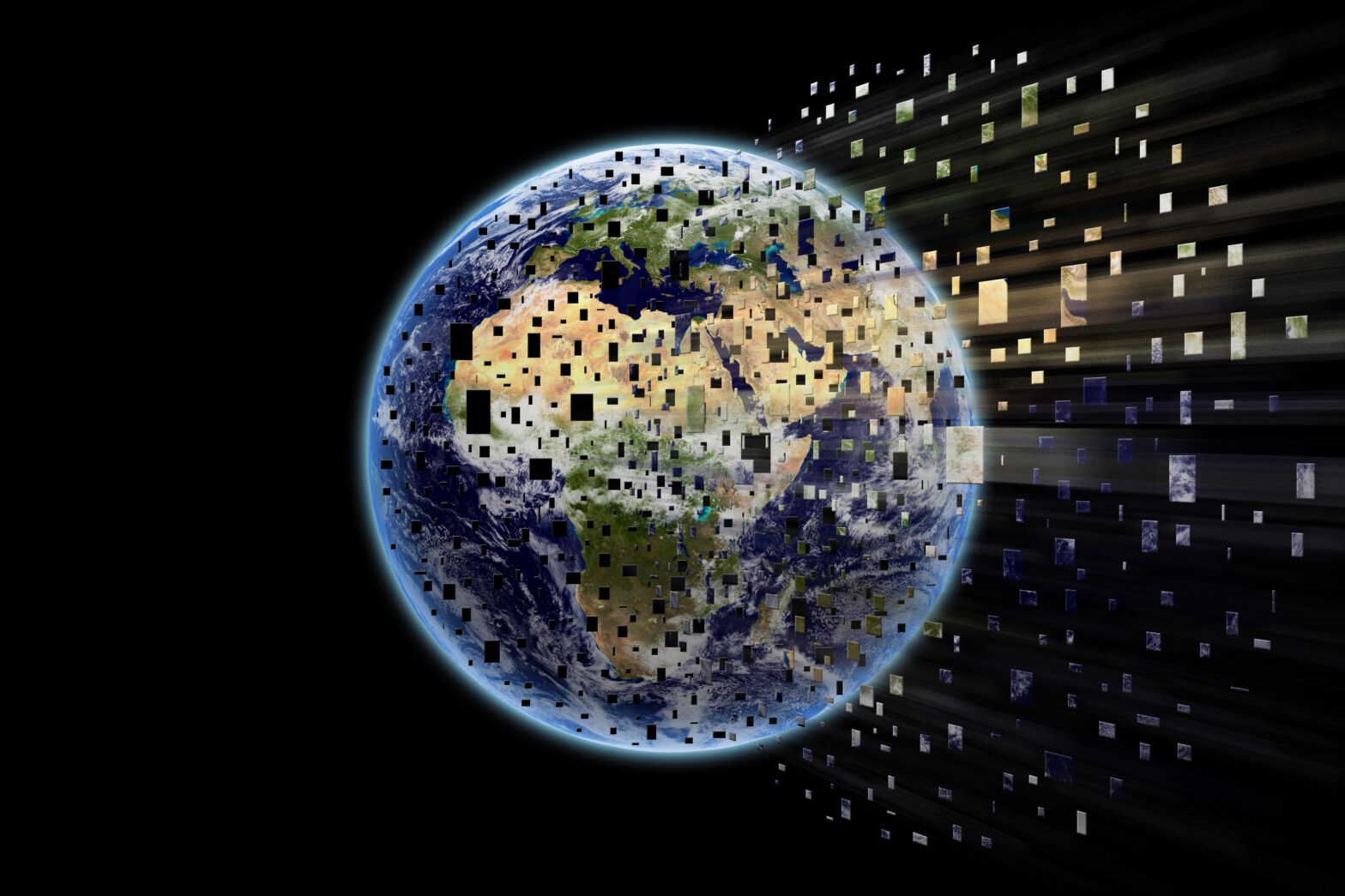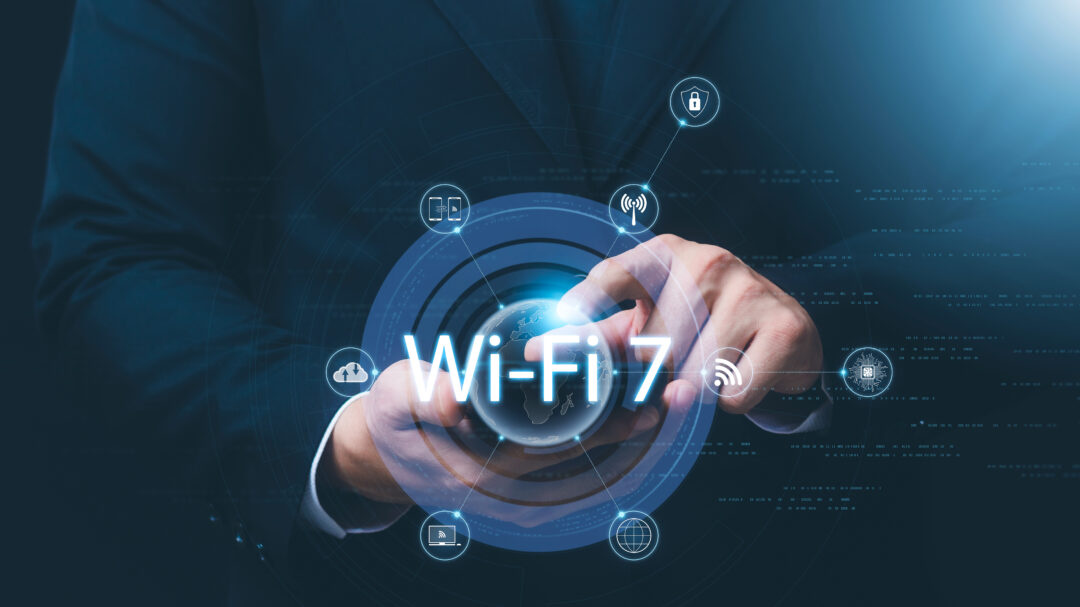On Friday afternoon the UN released a report on The State of Broadband, which warned the digital divide separating developed and developing nations is in danger of becoming a chasm.
This widening digital divide is creating two-tier system – where those that have connectivity can access digital services and develop quicker than those that cannot.
A “chasm” could emerge because of the “deepening inequality in global connectivity between starters, adopters and front-runner countries”, said the report.
Europe tops tables for internet access with 76% of its citizens being able to go online, while only 21.8% of people in Africa have access to the internet.
>See also: The hyper-connectivity revolution
The divide has become a growing problem, because net connection speeds are accelerating at an increasing pace in developed countries, while remaining stagnant in developing ones. Indeed, the report found that net connection speeds in more developed nations are rising faster than elsewhere.
Alarmingly the report found that 52% of the world’s population still has no access to the internet.
The average global internet connection speed is now approximately 7.2 megabits per second (Mbps), according to the report which delves into how broadband, mobile phones and other communication technologies are used around the world.
This average figure, however, is not representative of every nation. For example, the average internet access speed in South Korea, according to the report stands around 28.6Mbps, while speeds of more than 184Mbps have been seen in Singapore – the connected nation.
However, in developing nations the contrast is stark. 1.5Mbps speeds are available in Nigeria, for example.
Why?
The UN report highlighted the issue of internet connection speeds as directly correlated to the quality of technology infrastructure within each given country.
>See also: Connectivity trends for the intelligent fleet
In general, those with a mature hi-tech infrastructure had better internet speeds, while the lack of of the wider use of technology in developing countries is hindering other social goals, said the UN.
The UN points to agriculture. In the report it said that the use of information and communication technologies could accelerate a nation’s progress towards more sustainable agriculture or better health for citizens.
“Digital tools can increase access to health, empower patients, and provide better health information and education for all,” said the UN report. “Large gaps in connectivity persist, mainly due to the lack of infrastructure, affordability, lack of skills or lack of relevant local content.”
Marc Agnew, VP, ViaSat Europe, commenting on the report: “If we don’t engage the whole world, we are at risk of a two-tiered internet system, where those with fast services reap the benefits in terms of education, opportunity and investment, while those without broadband are left further behind. As anyone who has lived through the rise of the internet will explain, there’s a big difference between being able to send an email over a dial-up connection, and being able to take advantage of all the services a truly high-speed broadband connection offers. For instance, Venezuela, with an average internet connection speed of 1.8mbps in 2016, will have a very different experience to South Korea, with an average speed of over 26mbps.”
>See also: A digital divide in the boardroom
“Unless we address the issue today, it will only broaden this division between the haves and have-nots. There is no single technology that will give everyone worldwide permanent access to superfast connections, so we must look for options that neutralise this broadband division and make investments across a mix of technologies that includes fibre, cable, DSL, wireless and satellite. For instance, satellite services can be an affordable option – offering reliable, fast broadband service, and within the next four years capable of delivering speeds of 100Mbps or more; helping future-proof the whole world.”







